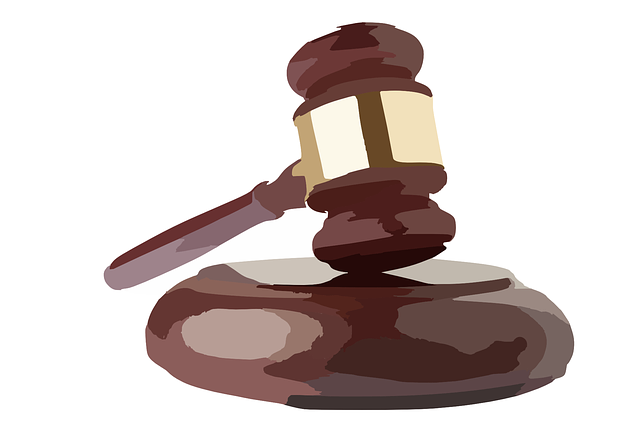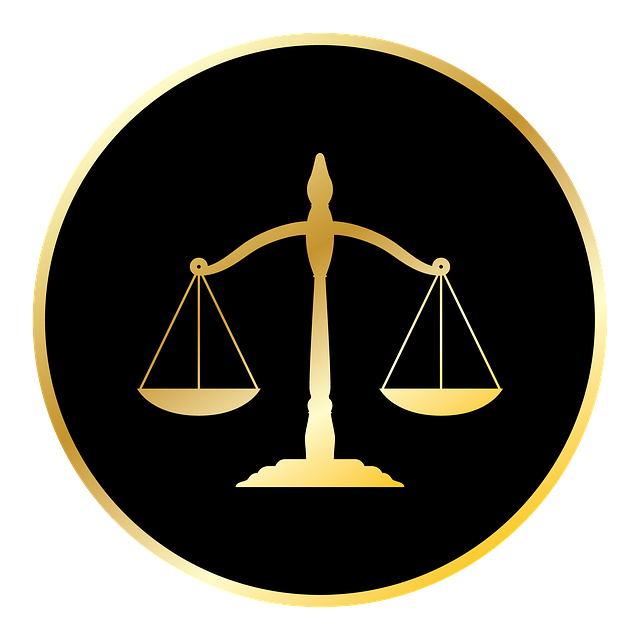Contempt of court disrupts justice when individuals or their legal representatives act improperly during proceedings. Legal professionals are vital in guiding clients through this complex area, ensuring rights and obligations are understood, and upholding the sanctity of the judicial system. Effective legal enforcement requires deep knowledge of contempt laws, strategic case management, thorough preparation, and clear communication. Challenges include misinterpretations and inadequate dialogue, which can be mitigated by staying updated on local regulations and providing clear instructions to clients. Case studies demonstrate how legal expertise ensures fair interpretation and application of laws in various scenarios, maintaining societal norms and resolving disputes from corporate conflicts to civil matters.
Navigating contempt of court cases requires a delicate balance of legal expertise and strategic enforcement. This comprehensive guide delves into the intricacies of understanding contempt from a legal perspective, leveraging the power of specialized knowledge for effective case management.
We explore key considerations for successful legal enforcement, uncover proven strategies to win contempt cases, and highlight challenges to avoid. Through real-world case studies, learn how legal expertise transforms complex situations into resolute outcomes, emphasizing the vital role it plays in the justice system. Discover the art of navigating contempt with precision and success.
- Understanding Contempt of Court: A Legal Perspective
- The Role of Legal Expertise in Navigation
- Key Considerations for Effective Enforcement
- Strategies for Successful Contempt Cases
- Challenges and Common Pitfalls to Avoid
- Case Studies: Real-World Applications of Legal Expertise
Understanding Contempt of Court: A Legal Perspective

Contempt of court is a legal concept that involves deliberate acts or omissions that hinder or interfere with the administration of justice. It is a powerful tool for legal enforcement, allowing courts to maintain order and ensure compliance with their orders. From a legal perspective, contempt can take various forms, including direct disobedience, such as refusing to attend a court hearing, or indirect contempt, which encompasses actions like falsifying evidence or disrupting proceedings.
Legal professionals play a crucial role in navigating the complexities of contempt system navigation. They must possess a deep understanding of both the substance and procedure related to contempt charges. By interpreting the law and presenting compelling arguments, legal experts can guide individuals through this intricate process, ensuring their rights are protected while upholding the integrity of the judicial system.
The Role of Legal Expertise in Navigation

Legal expertise plays a pivotal role in navigating complex contempt systems, serving as a beacon of guidance for both legal professionals and individuals facing such challenges. It involves a deep understanding of laws, regulations, and precedents related to contempt of court, enabling practitioners to interpret and apply them effectively. This knowledge is crucial for ensuring that all parties involved understand their rights and obligations, fostering a fair and just process.
Legal experts can provide strategic advice tailored to specific cases, helping clients navigate the intricate web of legal enforcement mechanisms. Their insights into potential outcomes, based on past similar cases, can significantly influence decision-making. This expertise also facilitates effective communication with judicial authorities, ensuring that arguments are presented clearly and persuasively, ultimately impacting the outcome of contempt proceedings.
Key Considerations for Effective Enforcement

Contempt of court is a serious matter that requires meticulous navigation through complex legal systems. For effective legal enforcement, several key considerations come into play. Firstly, understanding the specific contempt laws and regulations is paramount. Legal experts must be well-versed in the relevant statutes, case law, and procedural rules to ensure compliance and accurate interpretation. Secondly, gathering robust evidence is crucial. This involves meticulous documentation, witness testimonies, and other probative materials to substantiate the charges and facilitate a fair trial.
Additionally, the strategic use of legal arguments and procedures is essential for successful enforcement. Skilled lawyers can leverage their knowledge to construct compelling cases, challenge opposing arguments, and navigate potential loopholes or defenses. Effective communication with all stakeholders, including judges, prosecutors, and defendants, is also vital to maintaining procedural integrity and ensuring a just outcome.
Strategies for Successful Contempt Cases

Navigating contempt cases requires a strategic approach, combining robust legal knowledge with effective case management. To ensure success in these complex matters, several key strategies prove invaluable. First, thorough preparation is paramount. This involves meticulously reviewing evidence, understanding the specific legal standards for contempt, and identifying relevant precedents to support your argument. Legal enforcement becomes more efficient when both parties are well-prepared, allowing for a swift resolution.
Second, maintaining clear communication throughout the process is crucial. Regular updates to clients, transparent discussions with opposing counsel, and proactive engagement with the court can significantly enhance the outcome. By fostering an environment of open dialogue, potential misunderstandings or missteps can be avoided, ensuring legal enforcement proceeds smoothly and effectively.
Challenges and Common Pitfalls to Avoid

Navigating the contempt system requires a deep understanding of legal procedures and enforcement mechanisms. However, even with expertise, several challenges and common pitfalls await. One significant hurdle is the intricate nature of contempt laws, which vary across jurisdictions, making it crucial for legal professionals to stay updated with local regulations. Misinterpretations or oversights in these laws can lead to ineffective legal enforcement strategies.
Another common trap is inadequate communication between legal representatives and clients. Clear instructions and expectations regarding contemptuous behavior are essential to guide clients towards compliance. Lack of open dialogue may result in misunderstandings, where individuals inadvertently violate court orders without realizing their consequences. Therefore, professionals must foster a collaborative environment to ensure clients fully comprehend their responsibilities.
Case Studies: Real-World Applications of Legal Expertise

The application of legal expertise in contempt system navigation is a powerful tool that can be demonstrated through various case studies. These real-world scenarios showcase how professionals with a deep understanding of the law can navigate complex situations, ensuring fair and just outcomes. For instance, in matters involving child custody or protection orders, legal experts can interpret and enforce these laws effectively, safeguarding the rights and well-being of all parties involved. By examining past cases where legal expertise has been pivotal, we gain valuable insights into successful strategies for handling contempt charges.
Case studies also highlight the importance of legal enforcement in maintaining societal norms and resolving disputes. Whether it’s a corporate dispute or a civil matter, lawyers with specialized knowledge can guide clients through legal processes, offering strategic advice tailored to unique circumstances. These practical applications underscore the value of legal expertise in preventing and resolving conflicts, ultimately fostering a more harmonious and regulated society.






